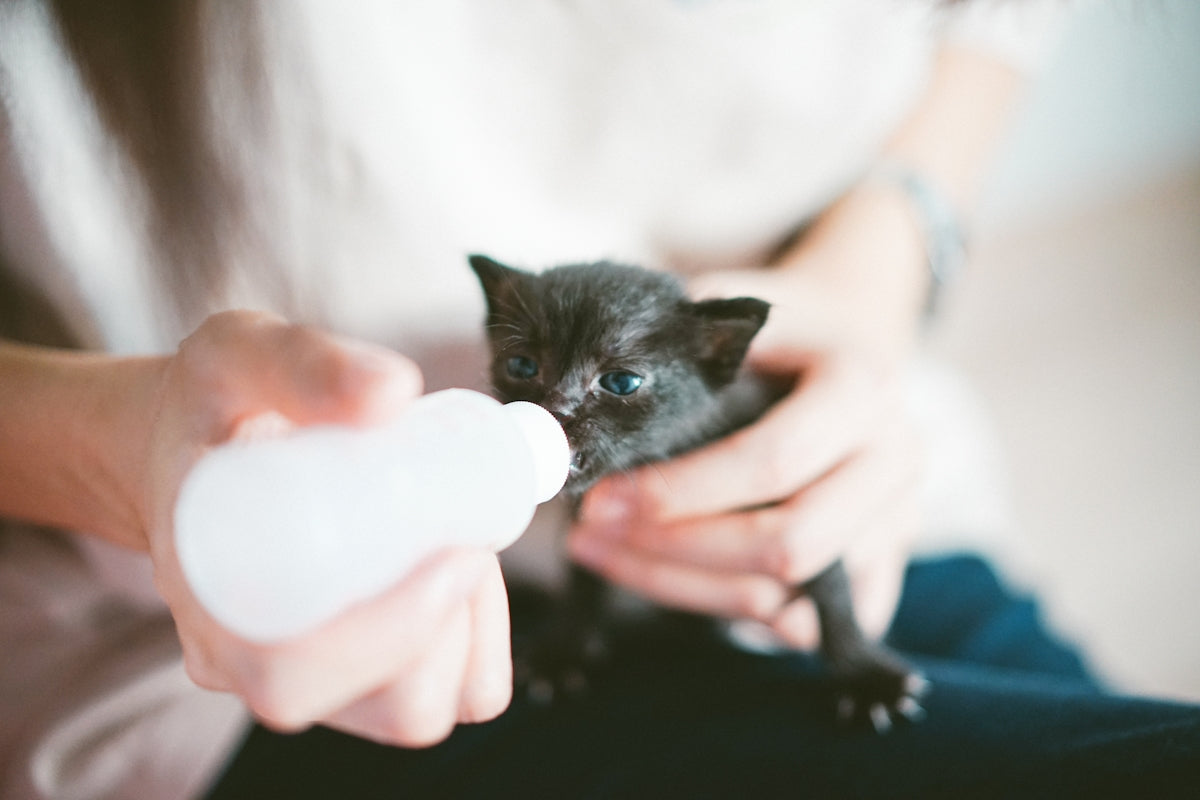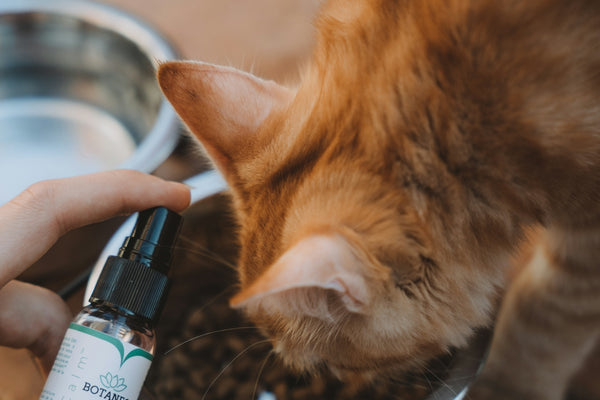Dietary issues in pets are more common than you might think, and resolving these concerns is critical to ensure the health and happiness of your furry friends. Pets, like humans, can suffer from a variety of diet-related problems, such as obesity, allergies, and picky eating. Below, we delve into common dietary issues among pets and provide insights and solutions to help you tackle these challenges effectively.
Obesity in Pets
Obesity in pets is a growing concern, as it can lead to further health complications such as diabetes, heart disease, and arthritis. Monitoring your pet's weight and adjusting their diet and exercise routine is essential. Here are a few steps to manage your pet's weight:
- Portion Control: Measure your pet's food precisely to avoid overfeeding. Consult your veterinarian for guidance on the appropriate portion sizes for your pet's specific breed and size.
- Healthy Treats: Offer low-calorie treats such as carrots or apple slices instead of high-calorie alternatives. Limit treat consumption to prevent excess weight gain.
- Regular Exercise: Encourage daily playtime to help your pet maintain a healthy weight. Walking, fetch, or interactive toys can make exercise enjoyable and effective.
Dehydration
Hydration is a key component of your pet's diet. Many pets, especially cats, do not drink enough water. Inadequate hydration may lead to urinary and kidney problems. To encourage proper hydration:
- Provide Fresh Water: Ensure your pet has access to fresh water at all times. Consider using products like the PetHydrate Automatic Cat Bowl & Water Fountain to keep water circulating and appealing to your pet.
- Wet Food: Incorporate wet food into your pet's diet to increase their water intake naturally. This can be especially beneficial for cats who are less inclined to drink water directly.
Allergies and Intolerances
Food allergies and intolerances can manifest in pets through skin irritations, digestive issues, and more. Identifying and managing these can be challenging but it's essential for your pet's well-being.
- Elimination Diet: Work with your veterinarian to conduct an elimination diet to identify specific allergens. This process involves removing potential allergens from your pet's diet and gradually reintroducing them to pinpoint the culprit.
- Specialized Diets: Once allergens are identified, switch to a hypoallergenic or specific-protein diet as recommended by your vet.
Picky Eating
Some pets are fussy eaters, which can lead to nutritional imbalances. To tackle this issue:
- Routine Feeding Schedule: Stick to a feeding schedule and be consistent. Allow a set amount of time for each meal, and remove uneaten food to prevent spoilage.
- Flavor Rotation: Regularly rotate between different proteins and flavors to maintain your pet's interest in their diet.
- Avoid Table Scraps: Refrain from feeding your pets table scraps to reduce picky habits and ensure their diet remains balanced.
By addressing these dietary issues with informed strategies and products, you can help ensure your pet leads a healthier, happier life. For more tips and pet care solutions, visit My Pet Collective.
Remember, always consult with your veterinarian before making significant changes to your pet's diet or exercise routine.








